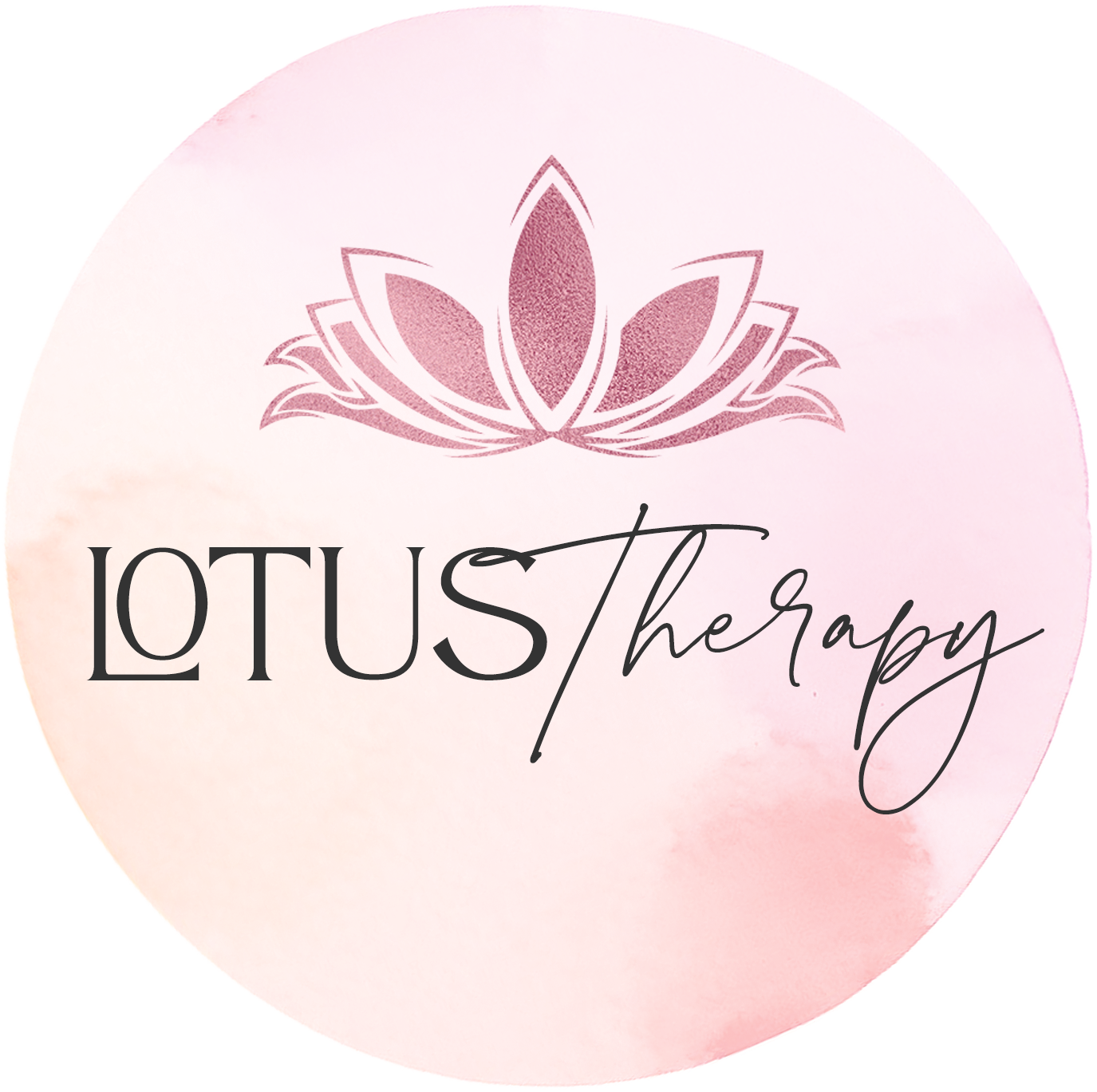When to Consider Couples Therapy
Signs Your Relationship Could Benefit
Relationships are some of the most rewarding yet challenging parts of our lives. While love and connection form their foundation, every partnership faces moments of strain. Whether you’re navigating conflict, experiencing emotional disconnection, or simply wanting to strengthen your bond, couples therapy offers a space to grow and heal together.
You don’t need to wait for a crisis to consider therapy. In fact, some of the most transformative outcomes come from addressing issues early or proactively seeking support to build a stronger relationship.
In this post, we’ll explore what couples therapy is, some signs that it might be time to reach out, and how it can help you and your partner reconnect.
What Couples Therapy Is
Couples therapy is a guided process where you and your partner work with a trained therapist to explore your relationship’s dynamics, address challenges, and enhance your connection. It’s not about assigning blame or taking sides; rather, it’s a collaborative space for:
Learning effective communication tools.
Navigating recurring conflicts.
Rekindling intimacy.
Gaining insight into each other’s needs, emotions, and behaviors.
Using proven techniques like the Gottman Method or Emotionally Focused Therapy, couples therapy offers structured strategies tailored to your relationship’s specific needs.
Signs It Might Be Time for Couples Therapy
Every couple has their own rhythm and struggles, but some signs suggest that professional support could be beneficial. If you recognize yourself or your partner in any of these situations, therapy might be the next step to take:
Communication Breakdowns
Are your conversations leaving you feeling frustrated, unheard, or misunderstood? Maybe discussions spiral into arguments, or one of you shuts down entirely. Communication is the heart of a relationship, and therapy can help you find clarity and connection in how you talk and listen to each other.
Emotional or Physical Disconnection
Do you feel like roommates instead of romantic partners? Emotional disconnection can happen gradually, leaving one or both partners feeling isolated or unseen. Therapy provides a safe space to explore what’s creating that distance and how to bridge it, whether it’s through vulnerability, shared experiences, or deeper understanding.
Recurring Conflicts That Don’t Resolve
Every couple argues, but when disagreements repeat without resolution, it can feel like you’re stuck in a loop. These patterns often stem from unmet needs or unspoken emotions. A therapist can help uncover the root cause of these conflicts and teach you healthier ways to address them.
Trust Issues or Lingering Resentments
A loss of trust—whether from infidelity, dishonesty, or other breaches—can feel insurmountable without guidance. Similarly, unresolved grievances from the past can quietly erode the foundation of your relationship. Therapy helps couples work through these challenges by fostering open, honest dialogue and creating a path toward rebuilding trust.
Facing Major Life Changes
Life transitions like moving, having a child, losing a loved one, or career shifts can disrupt even the strongest relationships. Therapy provides tools to navigate these changes as a team, ensuring both partners feel supported and aligned.
Feeling Stuck or Unsure
Perhaps there’s no glaring conflict, but you can’t shake the sense that something feels off or stagnant. Therapy can help uncover hidden dynamics, clarify goals, and provide fresh perspectives to move your relationship forward.
How Couples Therapy Can Help
Therapy isn’t about fixing one partner or labeling who’s “right” or “wrong.” It’s about learning how to navigate life’s challenges together with understanding and care. Here’s how therapy can make a difference:
Renewing Communication
Couples therapy offers practical tools to improve how you express yourself and understand your partner. Whether it’s learning to manage emotional triggers or breaking patterns of defensiveness, you’ll develop skills to navigate even the most difficult conversations.
For example, instead of defaulting to blame (“You never listen to me!”), therapy might guide you toward expressing your feelings constructively: “I feel unheard when I share my thoughts and don’t get a response.”
Rebuilding Trust and Intimacy
Trust is a cornerstone of a healthy relationship, but it’s also fragile. Therapy creates a space to address breaches of trust or rekindle intimacy that may have faded over time. It’s not just about fixing what’s broken—it’s about strengthening what’s already there.
Resolving Conflict Productively
Through therapy, you’ll learn how to approach conflict with compassion and teamwork rather than anger or avoidance. Instead of letting arguments drive a wedge between you, therapy can help you view disagreements as opportunities for growth and understanding.
Aligning on Goals and Values
It’s common for couples to have differing priorities, from finances to parenting styles to future plans. Therapy helps you navigate these differences, find common ground, and create shared goals that bring you closer together.
Why Seeking Help Early Matters
One of the biggest misconceptions about couples therapy is that it’s only for relationships in crisis. In reality, seeking support early can prevent small issues from snowballing into larger problems. Proactively addressing challenges helps you build resilience as a couple and equips you with tools to handle future conflicts with confidence.
Taking the First Step
The idea of starting couples therapy can feel intimidating, but reaching out is a sign of strength and commitment. It shows that you value your relationship enough to invest in its growth.
As a couples therapist based in Lakeland, Florida, I offer personalized counseling services to help couples strengthen their relationships. If you feel that professional help could benefit your relationship, don’t hesitate to reach out! If you're looking for something more personalized, I invite you to contact me for a consultation or book a session. Together, we can work towards building a more intentional and fulfilling relationship.
Written By: Crystin Nichols MS, RMFTI

